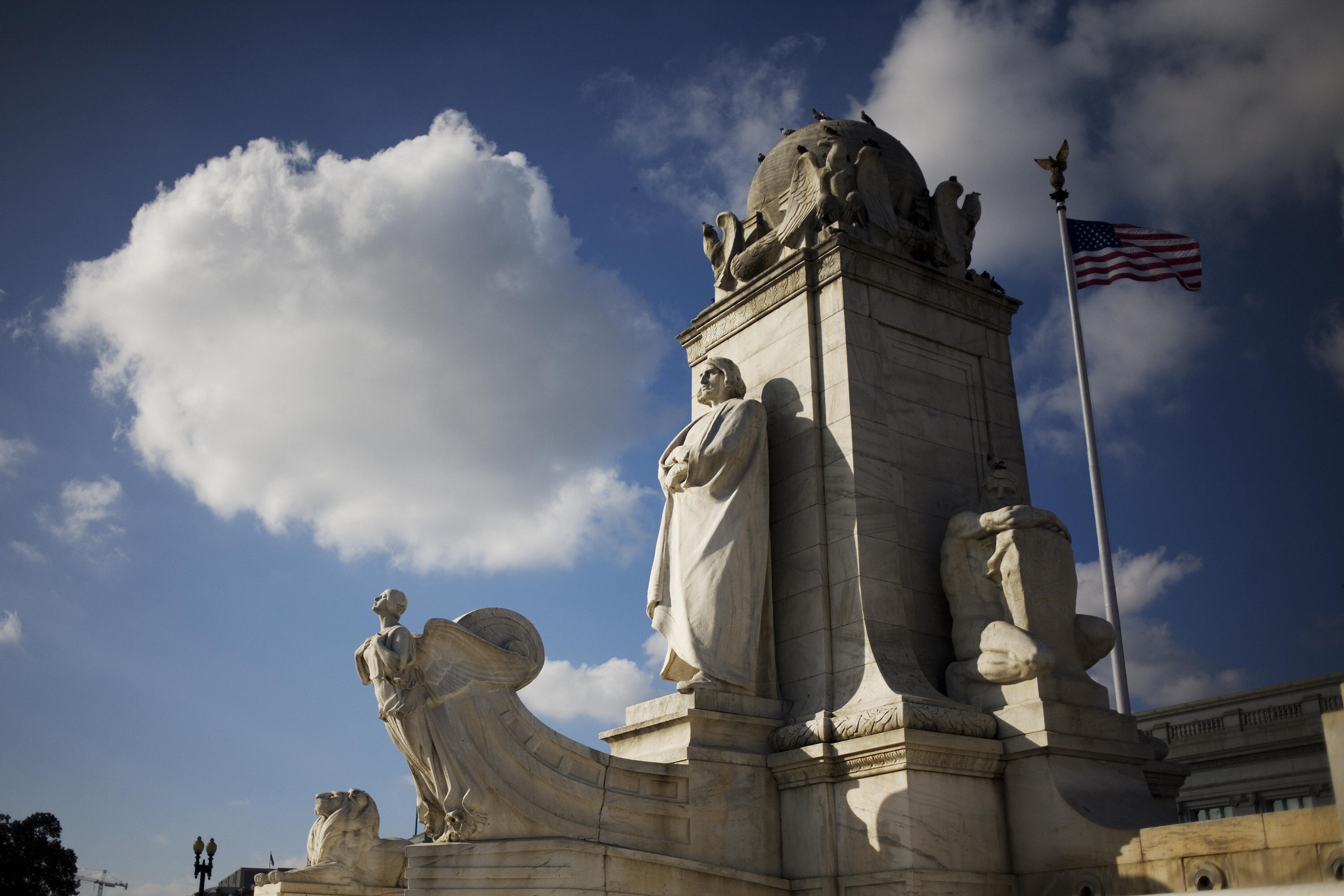In 1492, Columbus sailed the ocean blue.
But in 2017, the tradition of honoring the famed Italian explorer may be sinking fast.
A growing number of cities are abandoning ship and replacing Columbus Day — celebrated Monday — with Indigenous Peoples Day, also known by some as Native Americans Day.
On Thursday, the Austin City Council became the latest community to go that route, approving a resolution recognizing the second Monday of every October as Indigenous Peoples Day and encouraging schools to teach Native American history.
Austin's move comes after similar action in August in Los Angeles — the biggest city to boot the holiday from city calendars — and nearly two dozen more places, such as Burbank, Calif., and Bangor, Maine.
#ATXCouncil approves resolution recognizing the second Monday of every October as Indigenous Peoples’ Day in the City of Austin.
— Austin Texas (@austintexasgov) October 5, 2017
The issue has been a delicate one. Native American groups say the holiday embraces Western colonialism and pays tribute to a man who promoted the trans-Atlantic slave trade and is responsible for the genocide of indigenous people.
Italian Americans see the move to scrap the holiday as an affront to their ethnic heritage.
“On behalf of the Italian community, we want to celebrate with you,” Ann Potenza, president of Federated Italo-Americans of Southern California, said at a hearing in Los Angeles in August, the Los Angeles Times reported. “We just don’t want it to be at the expense of Columbus Day.”
The holiday lands this year amid a fierce debate over monuments to Confederate generals and a surge in visibility for rallies by white supremacists.
Monuments to the explorer are also in the cross hairs. As the holiday approached, New York police kept 24-hour guard over the imposing Christopher Columbus statue in Midtown Manhattan. Vandals had splashed red paint over the marble in September and scrawled the words “hate will not be tolerated.”
The notion of an Indigenous Peoples Day took root at an international conference on discrimination sponsored by the United Nations in 1977. In 1992, Berkeley, Calif., declared Oct. 12 as "Day of Solidarity with Indigenous People" and promoted programs in schools and museums on Native American culture.
In 2014, a few cities such as Seattle and Minneapolis adopted resolutions replacing Columbus Day, and in the next few years resolutions across the country took flight in dozens of places. Among them: a handful of universities and a couple states, such as Vermont and Alaska.
A few communities have angled for a compromise. Salt Lake City officials declared Tuesday that they would keep Columbus Day but observe Indigenous Peoples Day on the same day.
Columbus Day parades are also caught up in the winds of change. New York is still expecting 35,000 people at its 73rd parade Monday. But in Pittsburgh, organizers looking to 2018 are weighing a "Heritage Day Parade" honoring all ethnic groups.
“We’ve become more of a multicultural parade anyway," Guy Costa, longtime parade chairman, told The Pittsburgh Post-Gazette.
Follow Miller on Twitter @susmiller


